2. Recognise and enable cycles of Care
Care is at the heart of our societies andcultural responsibilities—It binds together family, kin, culture, and Country,sustaining the social fabric across generations. Yet within currentdiscriminatory punitive systems, women must provide extensive care work tocombat systemic harms and respond to intergenerational trauma. Supporting our care work through fairremuneration, strong civic rights, and supportive rather than interventionistsystems, can free us from financial insecurity, while creating conditions foreconomic empowerment. When our interconnected cycles of care are truly recognisedand enabled, they create flourishing ecosystems where all people have dignity,respect, access to caring structures and have the belief to pursue and realisedreams.
The Institute will lead, collaborate and encourage work across the following:
Expand research on care-work

Support research collaborations and First Nations PhD candidates to explore different forms of care-work

Unite researchers and practitioners to develop care resourcesfor communities and carers
Reimagine systems through care

Work with women to co-create models of holistic care withincommunity settings, this may include supports for carers

Collaborate and advocate to shift uncaring policies andpunitive approaches toward caring conditions
Centre care for climate just existences

Define and explore how care practices contribute to socio-economicand environmental sustainability

Create national and international collectives/alliances of womenleading holistic sustainability work

Design process and forums to inform climate policy and globalgoals and settings with a gender sustainability lens
Measure and Value Care-work

Create frameworks and approaches to measure the time taken tocare, and contribution to societal and economic wellbeing

Develop culturally-responsive economic empowerment metricsaligning with care work

Track policies supporting care or diminishing/adding a burdenof care

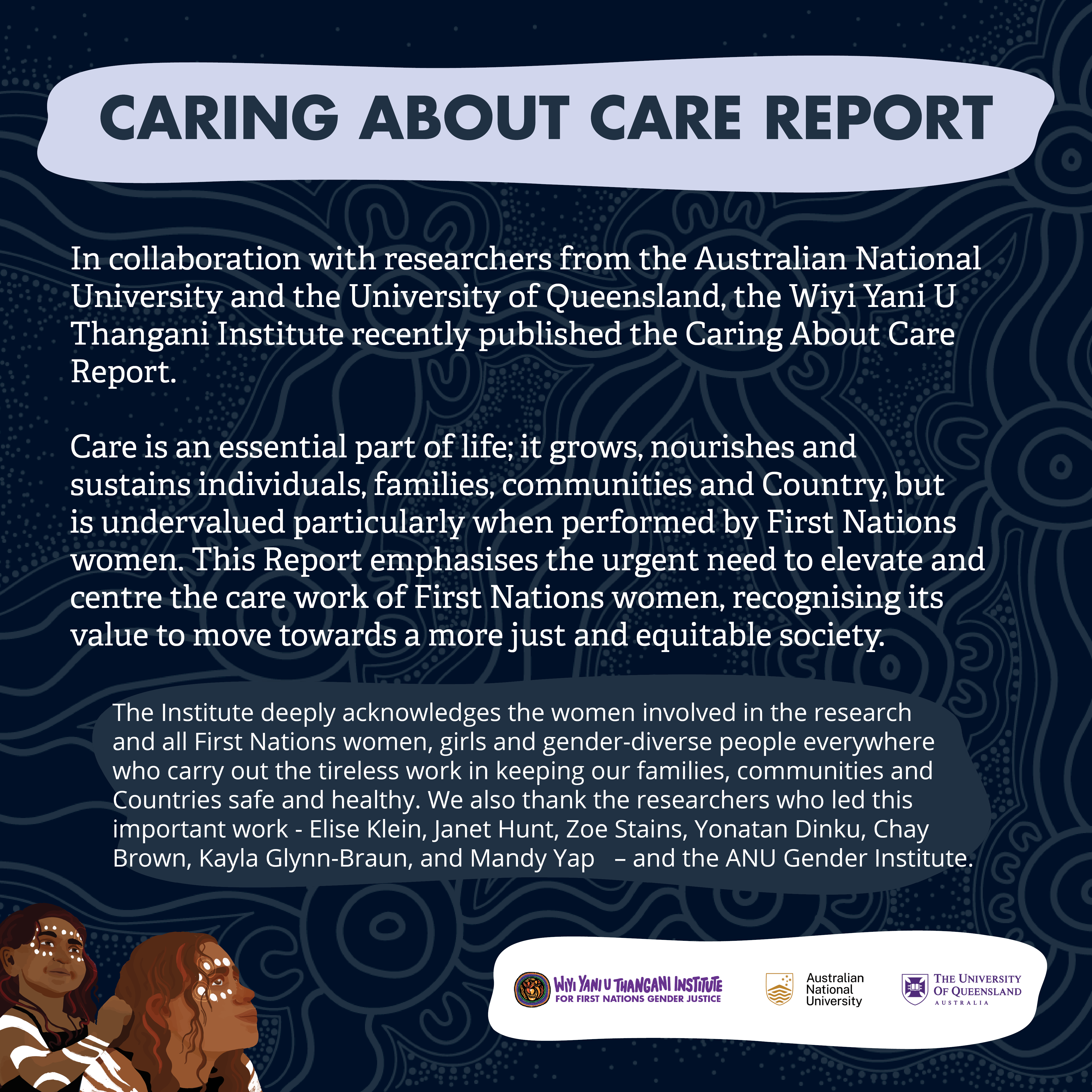
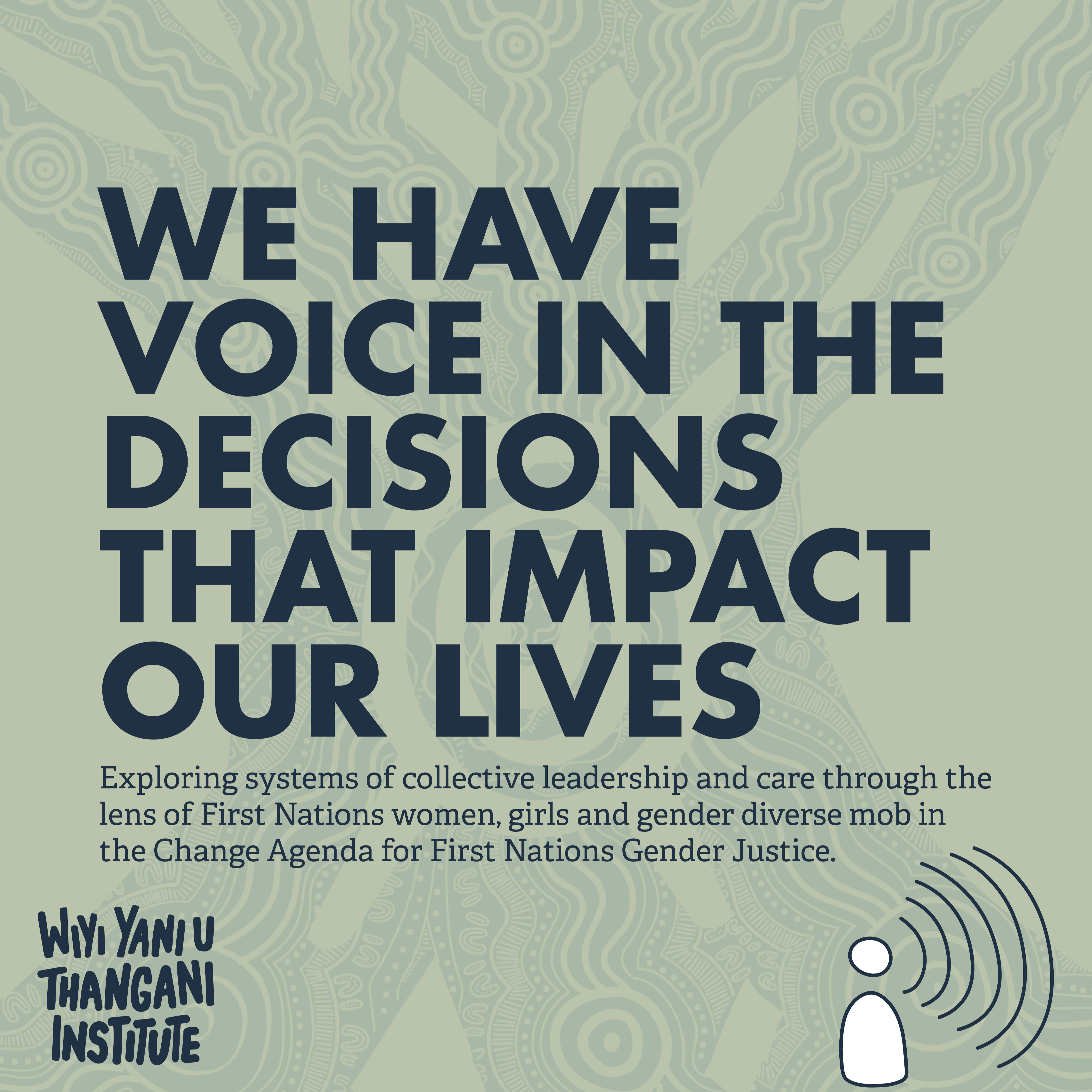

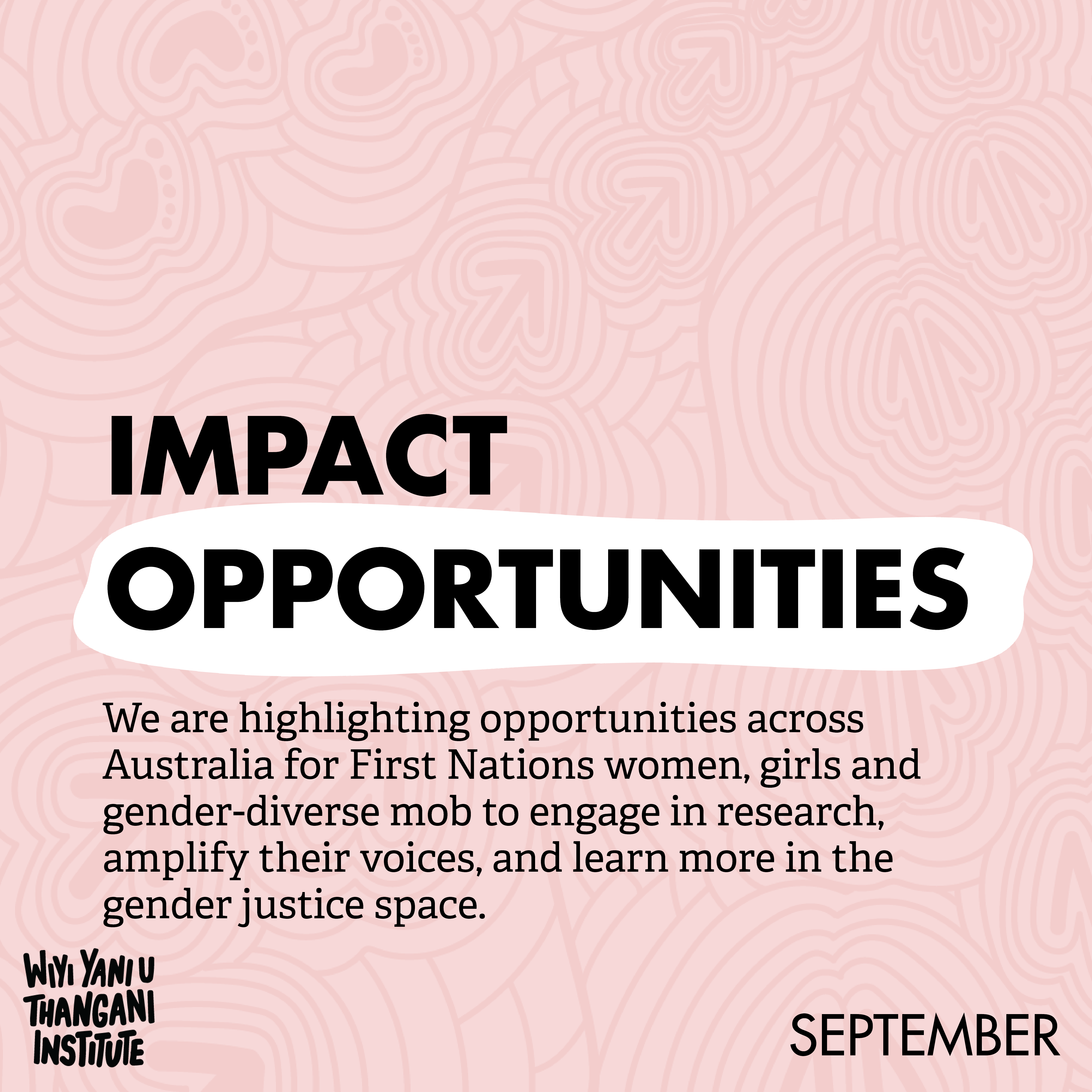
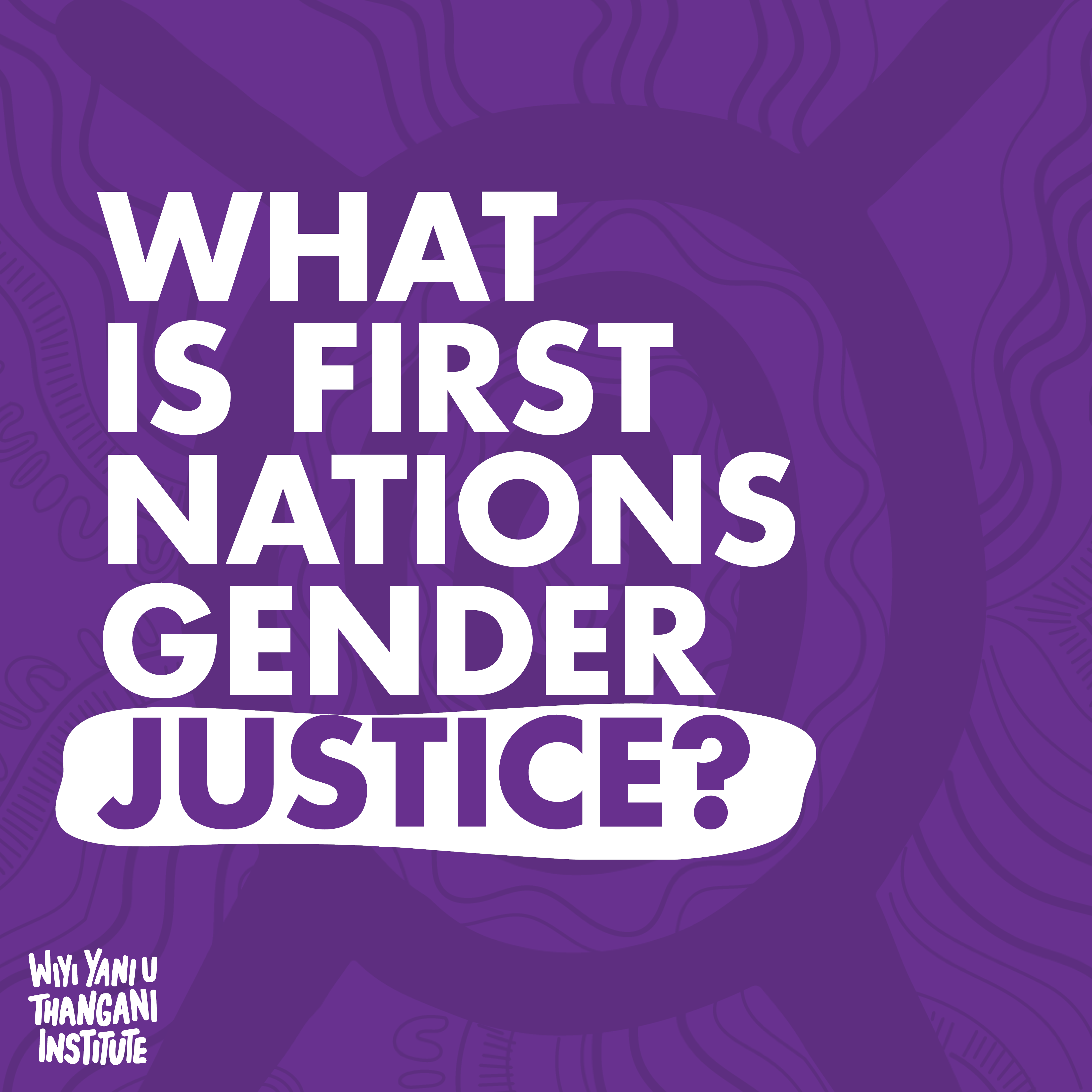


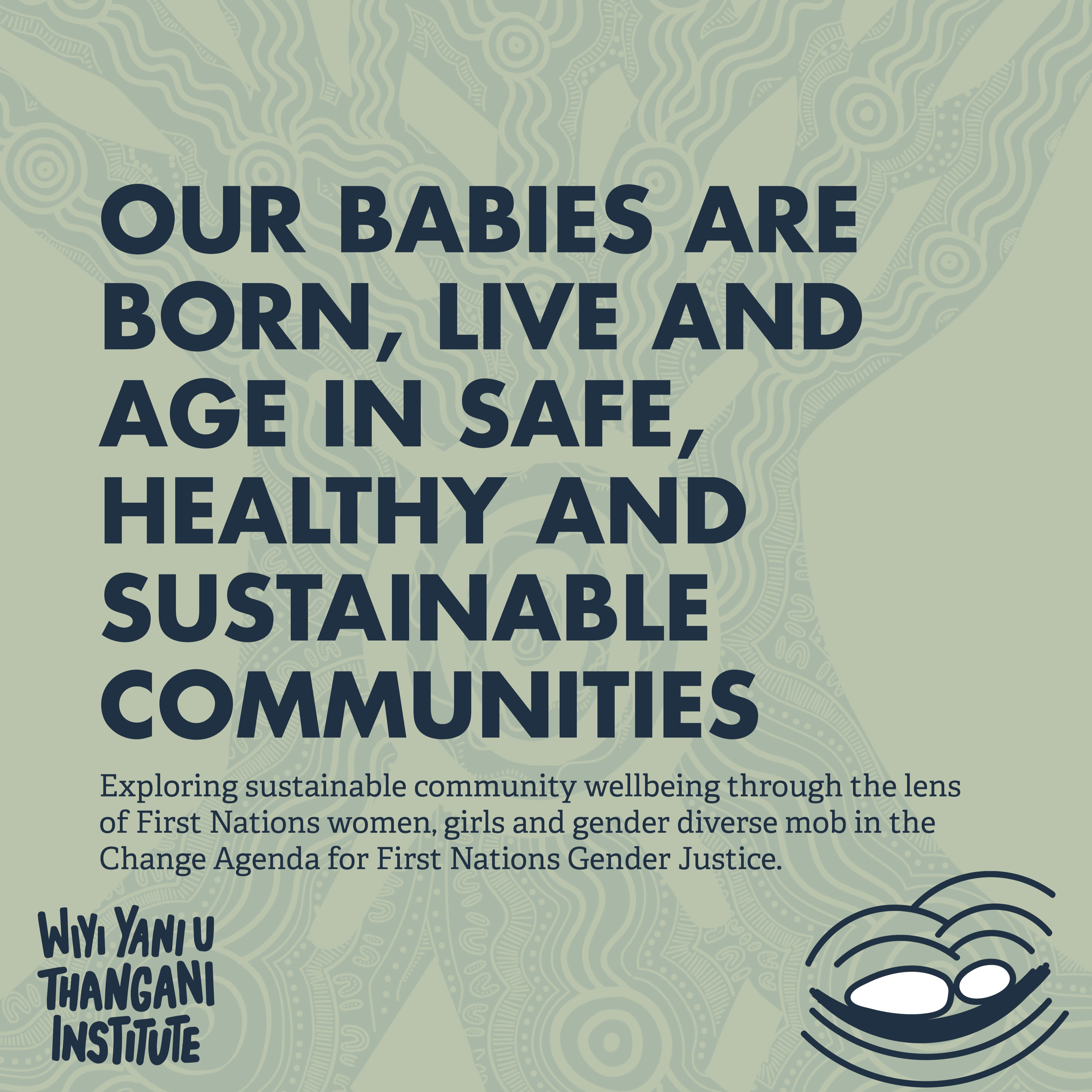
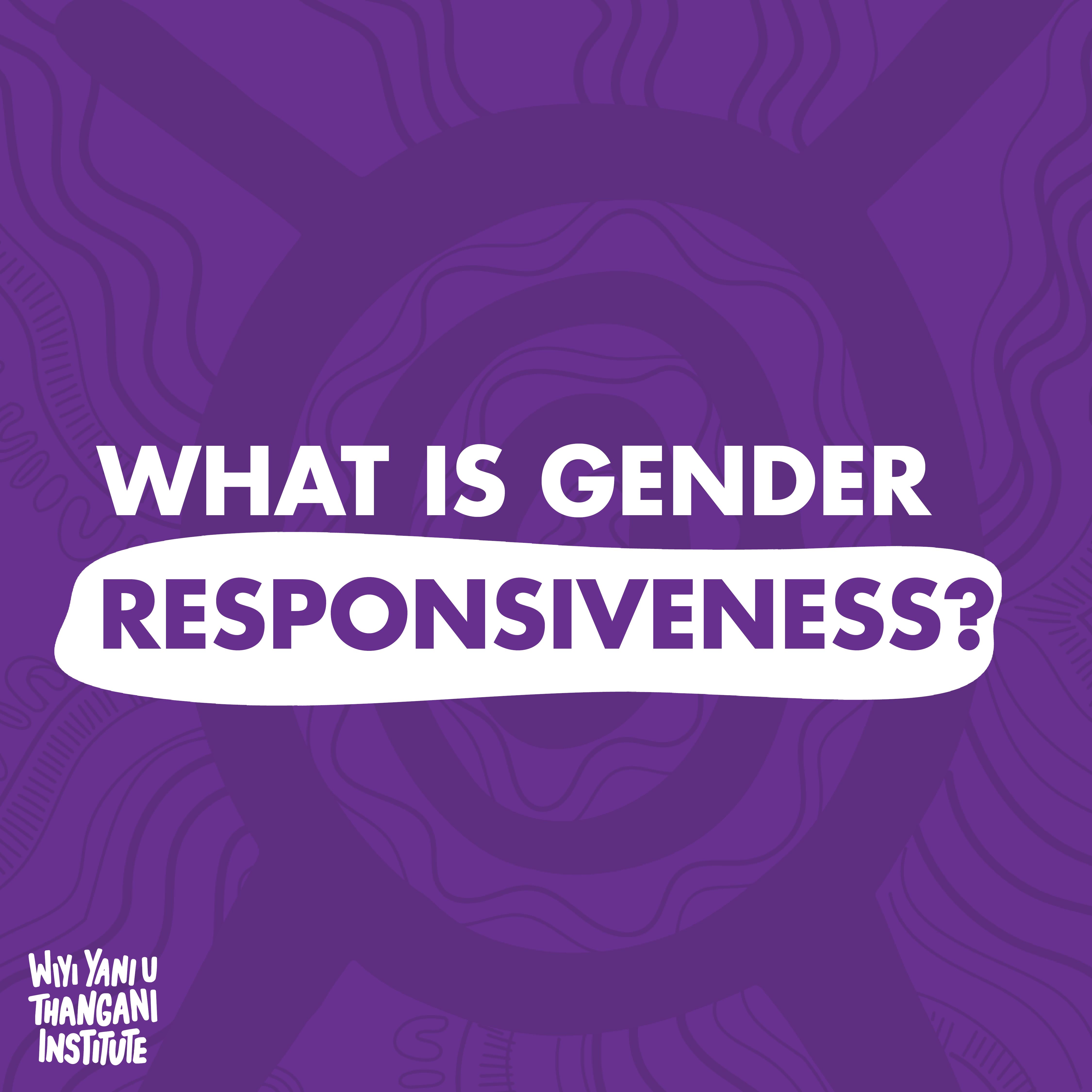


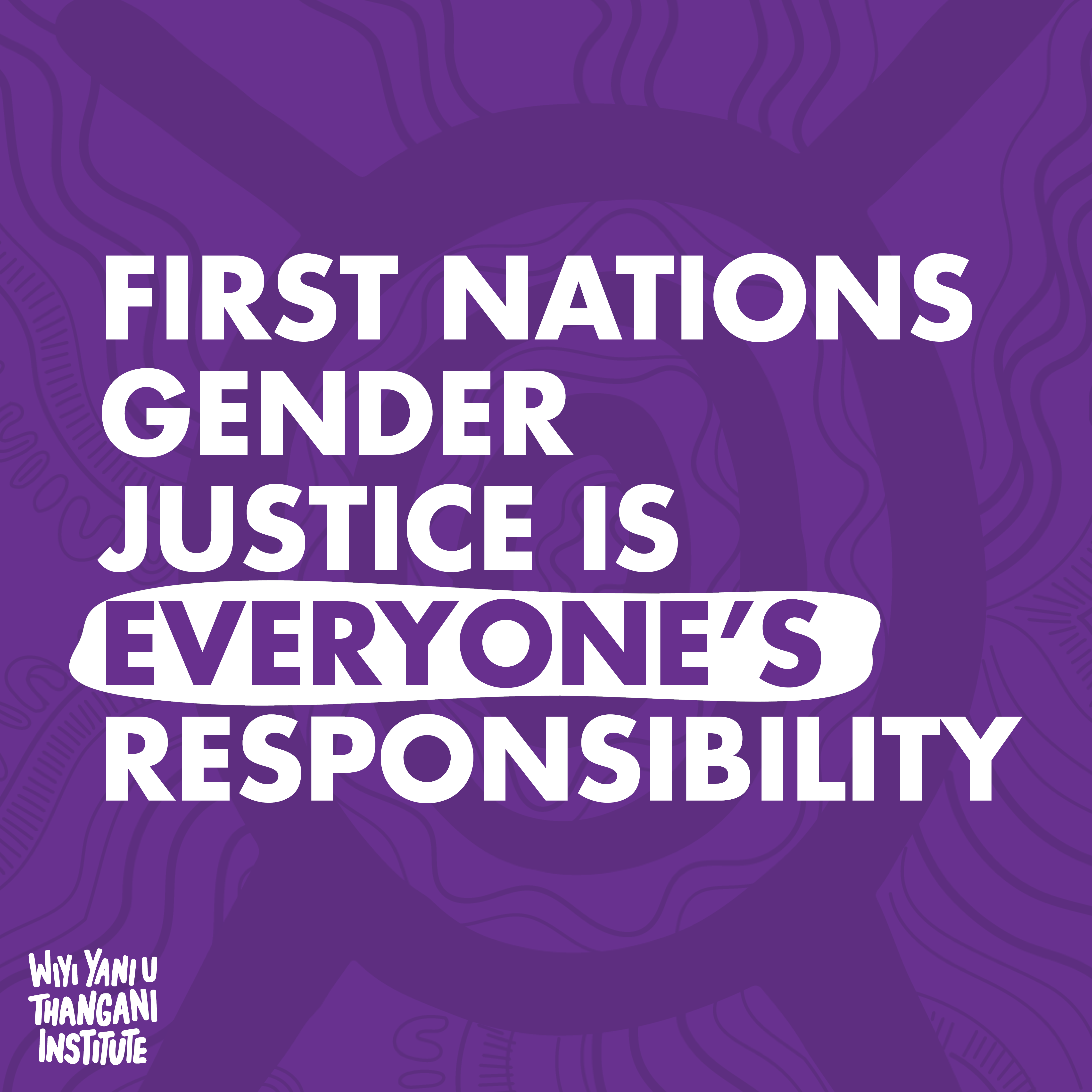





.png)